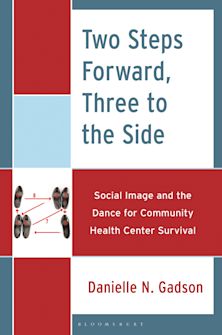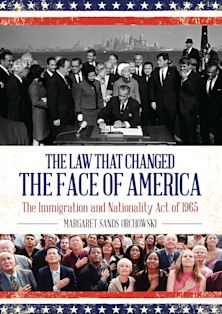- Home
- ACADEMIC
- Politics & International Relations
- Public Management, Administration and Policy
- The Mongols at China's Edge
This product is usually dispatched within 3 days
- Delivery and returns info
-
Free CA delivery on orders $40 or over
You must sign in to add this item to your wishlist. Please sign in or create an account
Description
This important study explores the multifaceted Mongol experience in China, past and present. Combining insights from anthropology, history, and postcolonial criticism, Uradyn Bulag avoids romanticizing Mongols either as pacified primitive Other or as gallant resistance fighters. Rather, he portrays them as a people whose communist background and standing in China's northern borderlands has informed their political efforts to harness or confront Chinese nationalistic and political hegemony. Breaking new ground in the study of Chinese and Mongol history and ethnicity, the author offers a fresh interpretation of China viewed from the perspective of its peripheries, and of minority nationalities in relation to the study of Chinese representation and minority self-representation.
The author interrogates received wisdom about Chinese and minority nationalism by unraveling the Chinese discourse and practice of "national unity." He shows how the discourse was constructed over time through political rituals and sexuality in relation to Mongols and other non-Chinese peoples that hark back to Chinese-Xiongnu confrontations two millennia ago and Manchu conquest in the 17th and 18th centuries. Titular rulers of an autonomous region in which they constitute a minority, Mongols face enormous barriers in building and maintaining a socialist Mongolian nationality and a Mongolian language and culture. Acknowledging these difficulties, Bulag discusses a range of sensitive issues including the imbrication of nation, class, and ethnicity in the context of Mongol-Chinese relations, tensions inherent in writing a postrevolutionary history for a socialist nationality, and the moral dilemma of building a socialist model with Mongol characteristics. Charting the interface between a state-centered multinational Chinese polity and a primordial nationalist multiculturalism that aims to manage minority nationalities as "cultures," he explores Mongol ethnopolitical strategies to preserve their heritage.
Table of Contents
Part 2 Producing and Reproducing National Unity
Chapter 3 Ritualizing National Unity: Modernity at the Edge of China
Chapter 4 Naturalizing National Unity: Political Romance and the Chinese Nation
Part 5 Tensions of Empire
Chapter 6 From Inequality to Difference: Colonial Contradictions of Class and Ethnicity in "Socialist" China
Chapter 7 Rewriting "Inner Mongolian" History after the Revolution: Ethnicity, Nation, and the Struggle for Recognition
Part 8 Models and Morality
Chapter 9 Models and Morality: The Parable of the "Little Heroic Sisters of the Grassland"
Chapter 10 The Cult of Ulanhu: History, Memory, and the Making of an Ethnic Hero
Product details
| Published | Apr 03 2002 |
|---|---|
| Format | Paperback |
| Edition | 1st |
| Extent | 320 |
| ISBN | 9780742511446 |
| Imprint | Rowman & Littlefield Publishers |
| Dimensions | 228 x 149 mm |
| Series | Asia/Pacific/Perspectives |
| Publisher | Bloomsbury Publishing |
About the contributors
Reviews
-
The Mongols at China's Edge will interest readers interested in nationalism, autonomy, Tibet and Xinjiang (by analogy and contrast), China, twentieth-century history, and issues of representation.
Pacific Affairs
-
Most valuable for the broad historical perspective it places on modern problems faced by one of China's most visible national minorities.
Choice Reviews
-
An essential read for anyone working on minorities in China, or for that matter in any region.
Central Eurasian Studies Review
-
Learned, thoughtful, and beautifully written.
Booknews
-
Bulag's passionate, historically-grounded exposition of the complexities of ethnic reconstruction make this book one of the best recent studies of China's ethnic minorities. Through his ethnic lens, he analyses not just Mongols, but the evolution of China's national identity. Anthropologists, historians and many other scholars should incorporate his powerful critique into their teaching and research.
Peter Perdue, Yale University, China Quarterly
-
This is an insightful detailed study of ethnic identity and nationalism in China. Combining analyses of a wide range of topics, ranging through poetry, sexuality, children's stories, and historiography, Uradyn Bulag takes the reader on a journey through the evolution of Mongolian identity in China and shows how such identities are woven into the fabric of Chinese national identity.
The China Journal



































